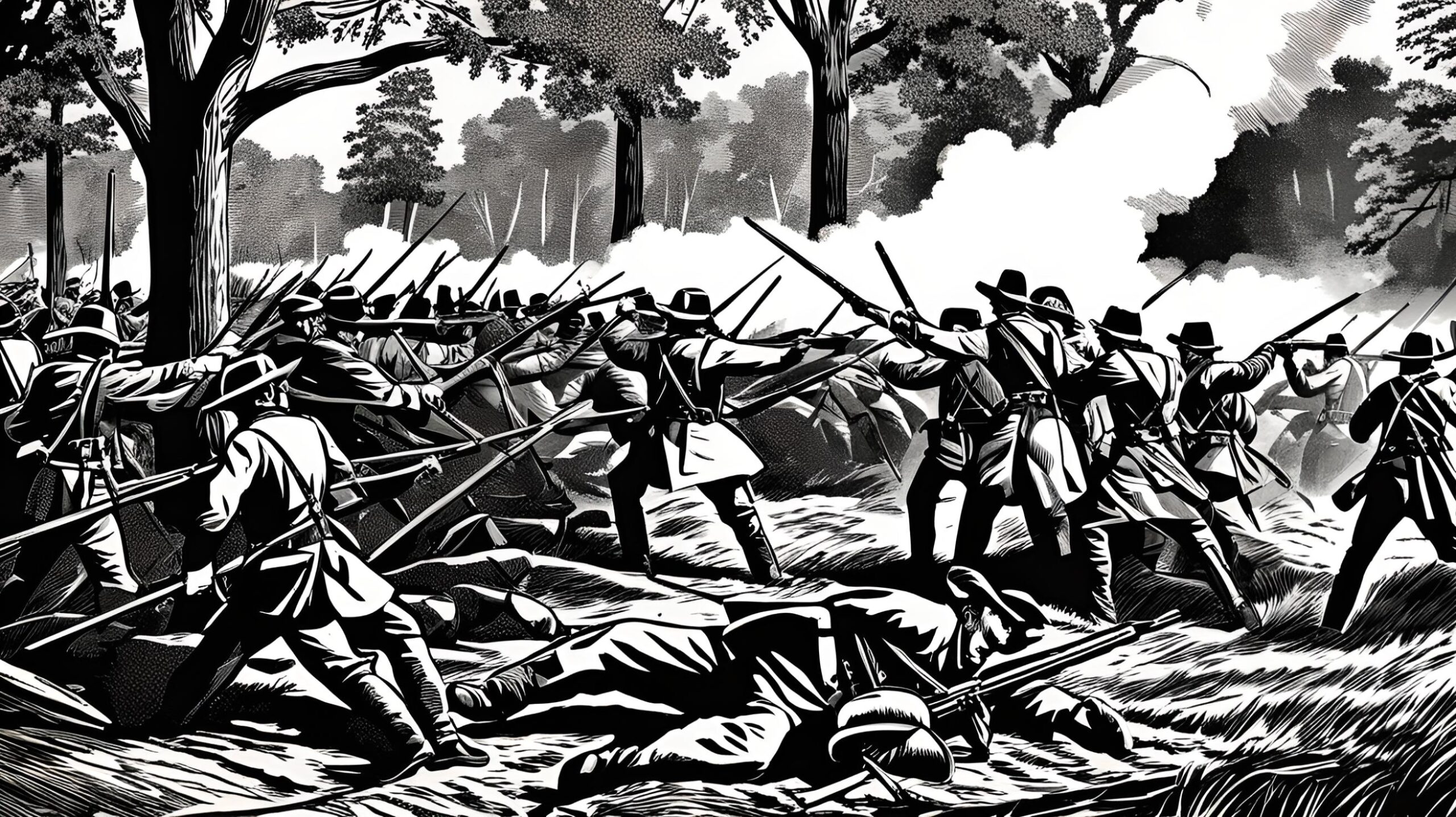Flashback to September 1
American History

On 12th December 1906, an incident shook the international relations scene, causing reverberations that can still be felt in contemporary times. This significant event was when the then US President Theodore Roosevelt, known for his assertive leadership style, leveled criticisms against the perceived abuses in the Congo. This incident isn’t merely a piece of historical trivia rather, it reflects our understanding of the geopolitics of the time, international human rights, and the legacy of Roosevelt himself.
President Roosevelt’s actions highlight the US’s stance on international human affairs and showcase the global dominance that the nation was starting to exert at that time. As the pioneer of the progressive movement, Roosevelt was a champion of reform, advocating for the rights of individuals regardless of where they were situated in the world. His bold approach towards international affairs set a precedent that projected the image of the US as an active participant in global issues.
This stance taken by President Roosevelt is a significant illustration of how early the concept of global human rights was recognized by world leaders. The abuses in the Congo, especially under colonial rule, were a grave violation of these rights. The slave labor and brutal treatment of the local population were atrocities deserving international attention. President Roosevelt highlighted these abuses to the world, reinforcing the essence and importance of human rights, even across national borders.
Historical records indicate that President Roosevelt’s criticisms were not only focused on the inhumane treatment by colonial powers but also the glaring economic exploitation. He regarded this exploitation as a corruption of capitalism itself. Through his criticisms, he aimed to draw attention to the problematic aspects of colonial policies and unchecked economic practices that allowed such abuses to thrive.
Theodore Roosevelt’s leadership style was distinctive. His attack on the Congo abuses resonates with his well-known motto, “speak softly and carry a big stick”. This phrase, borrowed from an African proverb, succinctly articulates how he navigated his presidency. He believed in maintaining a strong defense and a readiness to use that power, but he also advocated for peace negotiations and fair dealings without recourse to violence. His response to the abuses in the Congo showcases this principle.
Roosevelt’s criticism established him as a global defender of humanistic values. His critiques drew international attention to an ongoing crisis, influencing other nations to also consider the atrocities being committed in the Congo.
The incident is laden with the inherent complexities of the global political landscape. It reflects the dichotomy between political and economic interests versus human rights, a constant struggle that continues to present day. The fact Roosevelt raised these issues in 1906 underscores how ahead of his time he was, and highlights why his legacy has endured.
Lastly, it’s important to consider the relevance of this historical incident today, especially in the context of the US’s international relations and foreign policy. Elements of Roosevelt’s approach can be seen in the nation’s current tactics, especially in its commitment to human rights.
President Roosevelt’s stance on the Congo abuses is more than just a part of our historical narrative; it forms a critical portion of the ongoing dialogue on human rights, international relations, and limited economic exploitation. His attacks on these abuses shaped the direction of international politics and laid the foundation for future global human rights standards. It’s a testament to the global influence and unyielding progressiveness of one of the most significant figures in US history.
We strive for accuracy. If you see something that doesn't look right, click here to contact us!
Sponsored Content

The Civil War: Severe…
Experience the intensity of…

Henry “Scoop” Jackson, American…
Renowned American Senator-Democrat for…

Leonor Sullivan, American politician…
"Remembering Leonor Sullivan: prominent…

Great Hinckley Fire: A…
"Experience the chilling history…

In the USA, the…
On September 1, 1982,…

California Constitutional Convention held…
On September 1, 1849,…

